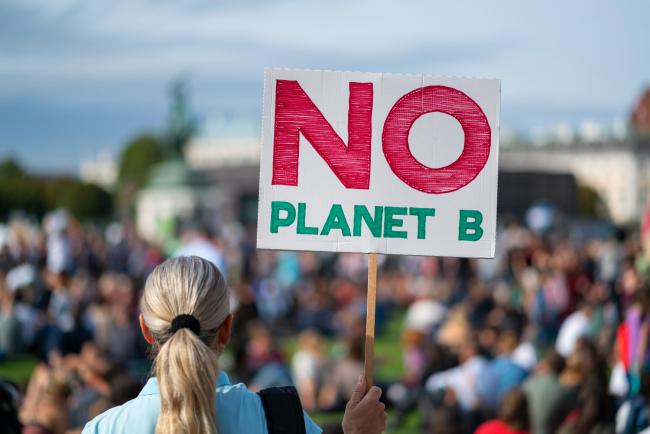https://www.heraldscotland.com/news/18668733.day-shame-help-drive-change/?ref=ebln

EARTH OVERSHOOT DAY
The ice continues to melt; natural disasters continue to happen. The need for dramatic change has never been more urgent.
Today is Earth Overshoot Day, a date that marks the true extent of our unsustainable depletion of the planet’s natural resources. Andrew Collier looks at how Scotland is taking a leading role in efforts to forge a more sustainable future
Two years ago – it feels a lot longer – Greta Thunberg began her first solo school strike to save the Earth’s climate. Since then, she has become an icon of the environmental movement, bringing millions onto the streets and forcing the issue to the top of the global agenda.
Sadly, though, we have not yet heeded her warnings. Since Thunberg’s campaign began in 2018, humankind has emitted another 80 billion plus tonnes of CO2 into the atmosphere.
The ice continues to melt; natural disasters continue to happen. The need for dramatic change has never been more urgent.
Today marks another sombre moment in our misuse of our common natural resources.
It is officially designated Earth Overshoot Day (EOD) – the moment in the year when our demand for ecological resources and services exceeds what nature is able to regenerate.
For the 130 days that make up the rest of 2020, we will be draining the planet, living off its capital rather than taking the natural yield. To put it bluntly, we are about to steal from the ecosystem.
As the Earth heads downhill towards climate disaster, Scotland at least is trying to put on the brakes. We have taken a leadership position in decarbonising and have some of the most ambitious climate-change targets in the world. And we have practised what we have preached: our greenhouse gas emissions have halved since 1990.
These successes present a positive backdrop for Glasgow’s hosting of the planned COP26 climate change summit next year, an event which will involve world leaders and attract global attention.
An area of particular success in Scotland has been renewable energy, which should prove invaluable in the Scottish Government’s aim of achieving a net-zero economy by 2045.


